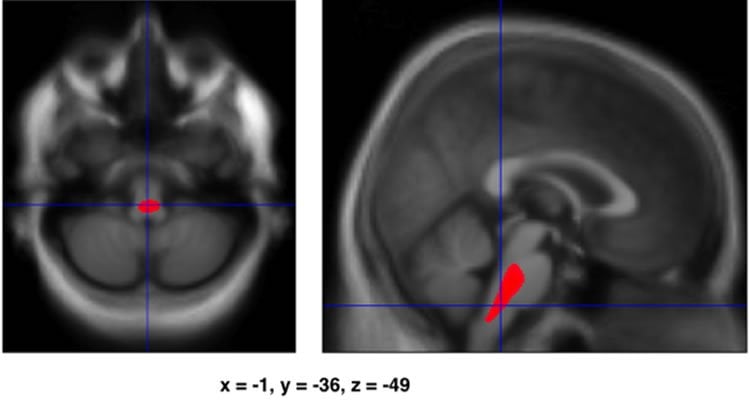New Penn Medicine research shows that neuropsychiatric symptoms such as depression, anxiety and fatigue are more common in newly diagnosed Parkinson’s disease (PD) patients compared to the general population. The study also found that initiation of dopamine replacement therapy, the most common treatment for PD, was associated with increasing frequency of impulse control disorders and excessive daytime sleepiness. The new findings, the first longitudinal study to come out of the Parkinson’s Progression Markers Initiative (PPMI), are published in the August 15, 2014, issue of Neurology.
The PPMI, a landmark, multicenter observational clinical study sponsored by The Michael J. Fox Foundation for Parkinson’s Research, uses a combination of advanced imaging, biologics sampling and behavioral assessments to identify biomarkers of Parkinson’s disease progression. The Penn study, which represents neuropsychiatric and cognitive data from baseline through the first 24 months of follow up, was conducted in collaboration with the Philadelphia VA Medical Center and the University Hospital Donostia in Spain.
The study examined 423 newly diagnosed, untreated Parkinson’s patients and 196 healthy controls at baseline and 281 people with PD at six months. Of these, 261 PD patients and 145 healthy controls were evaluated at 12 months, and 96 PD patients and 83 healthy controls evaluated at 24 months.

PD patients were permitted to begin dopamine therapy at any point after their baseline evaluation.
“We hypothesized that neuropsychiatric symptoms would be common and stable in severity soon after diagnosis and that the initiation of dopamine replacement therapy would modify their natural progression in some way,” says senior author, Daniel Weintraub, MD, associate professor of Psychiatry and Neurology at the Perelman School of Medicine at the University of Pennsylvania and a fellow in Penn’s Institute on Aging.
The Penn team showed that while there was no significant difference between PD patients and healthy controls in the frequency of impulse control disorders, a neuropsychiatric symptom that can lead to compulsive gambling, sexual behavior, eating or spending, 21 percent of newly diagnosed PD patients screened positive for such symptoms at baseline. That percentage did not increase significantly over the 24-month period.
However, six patients who had been on dopamine therapy for more than a year at the 24-month evaluation showed impulse control disorders or related behavior symptoms while no impulse control incident symptoms were reported in PD patients who had not commenced dopamine therapy. Dopamine therapy did help with fatigue, with 33 percent of patients improving their fatigue test score over 24 months compared with only 11 percent of patients not on dopamine therapy.
The investigators also found evidence that depression may be undertreated in early PD patients: Two-thirds of patients who screened positive for depression at any time point were not taking an antidepressant.
PPMI follows volunteers for five years, so investigators plan to expand upon these results, which Weintraub still considers preliminary. “We will more closely look at cognitive changes over time,” he says. “Two years is not a sufficient period of follow up to really look at meaningful cognitive decline.”
The perspective of time is what makes the PPMI such an important initiative, Weintraub points out, since many patients with the disease live for 10 to 20 years following their diagnosis. “It’s really a chance to assess the frequency and characteristics of psychiatric and cognitive symptoms in PD, compare it with healthy controls, and then also look at its evolution over time,” he says. “The hope is that we will be able to continue this work so that we can obtain long-term follow up data on these patients,” says Weintraub.
Source: Lee-Ann Donegan – Penn Medicine
Contact: Penn Medicine press release
Image Source: The image is credited to Jubault et al./PLOS ONE and is licensed Creative Commons Attribution 2.5 Generic.
Original Research: Abstract for “Naltrexone for impulse control disorders in Parkinson disease: A placebo-controlled study” by Kimberly Papay, Sharon X. Xie, Matthew Stern, Howard Hurtig, Andrew Siderowf, John E. Duda, James Minger, and Daniel Weintraub in Neurology. Published online July 18 2014 doi:10.1212/WNL.0000000000000729






